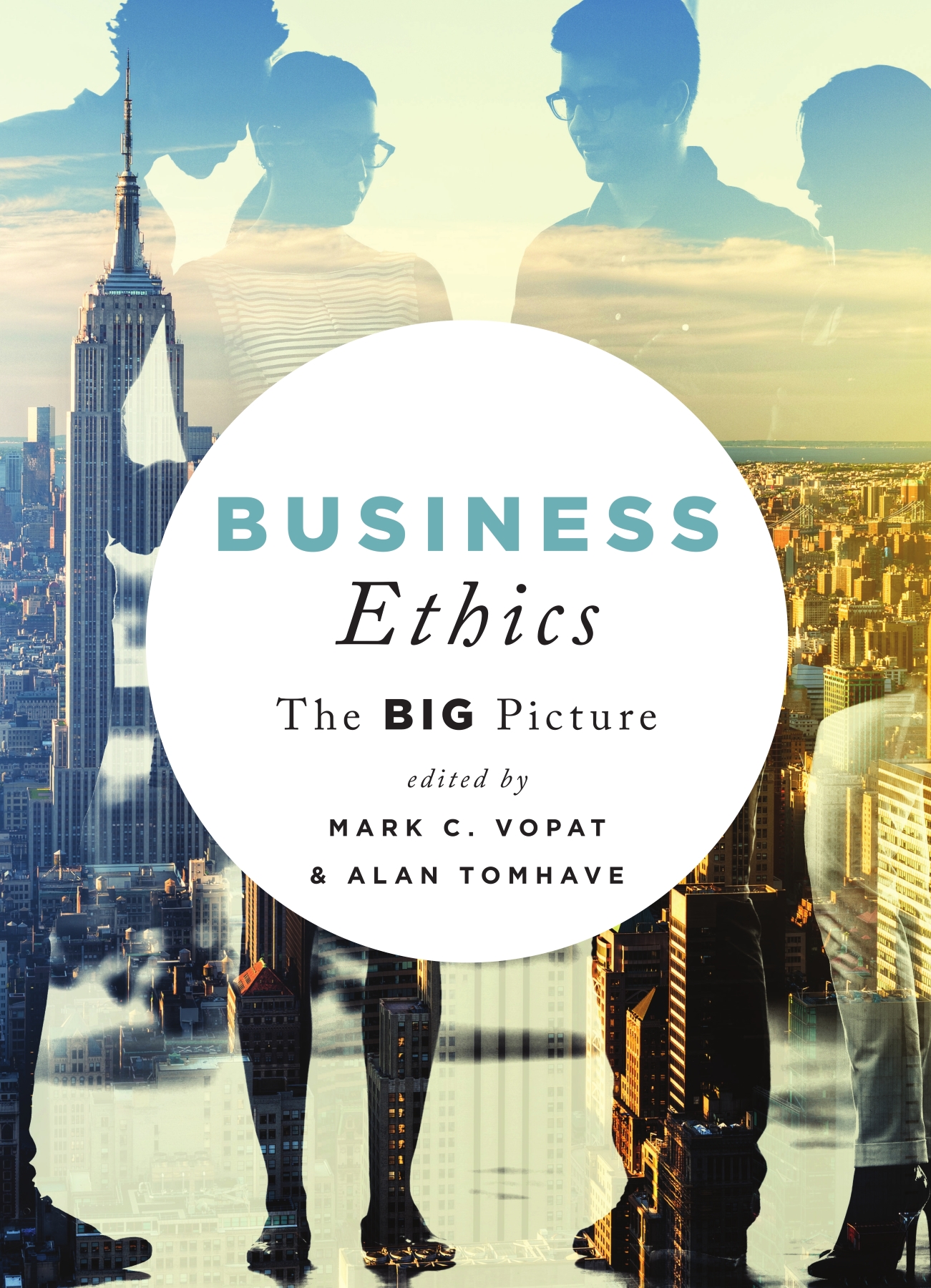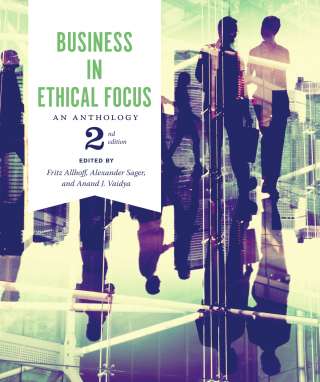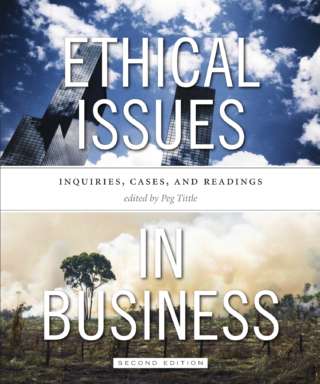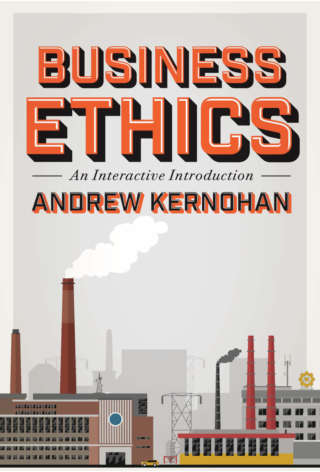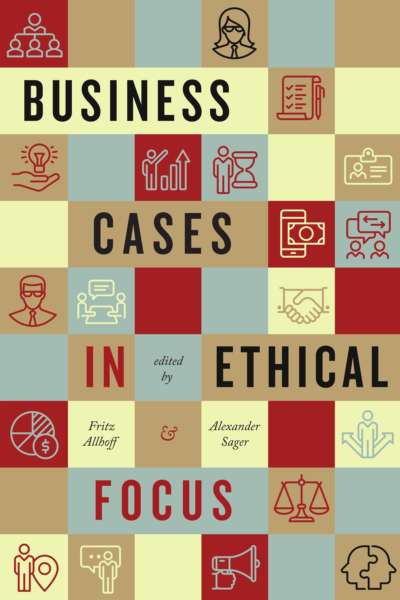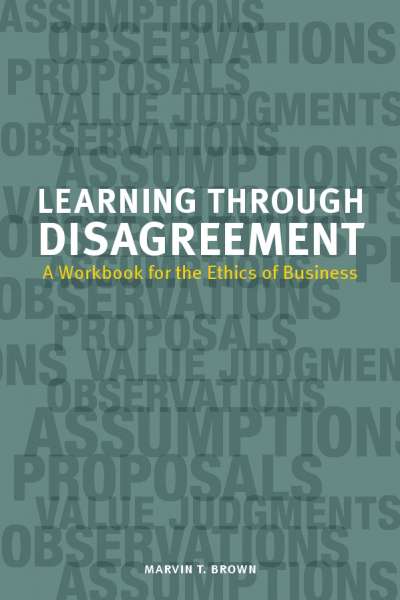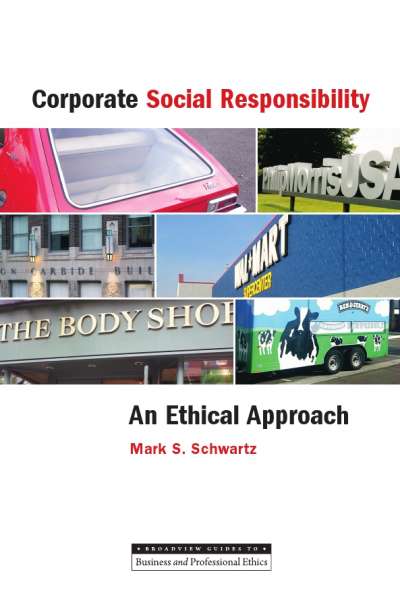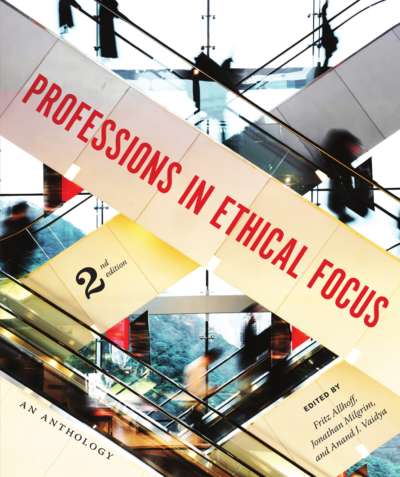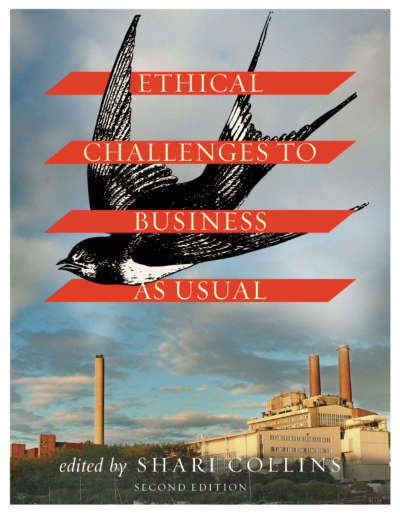Business Ethics: The Big Picture asks students to focus on the assumptions underlying the activity of business. Why does society provide special protections for businesses? What is the purpose of a corporation? What do businesses owe society? And are there some things that shouldn’t be distributed by the free market? These questions are addressed through classic readings from such central figures as Adam Smith and Karl Marx, in addition to contemporary selections from Milton Friedman, R. Edward Freeman, Debra Satz, and others. A number of compelling real-world case studies are also included.
Comments
“This text provides a solid foundation for an introduction to business ethics. Accessible introductions to the sections and to individual articles, combined with discussion questions at the end of each article, make for a pedagogically useful text. The Foundations section provides a concise introduction to different theoretical approaches to ethics, and I am pleased to see the inclusion of a chapter on feminist theory and business ethics, something I have long thought was needed in texts like this. Drawing on classical and new works, the range of topics is short enough to cover in one semester yet broad enough to engage in many of the issues encountered in the field.” — Kira Tomsons, Philosophy Instructor, Douglas College
“In this fine volume, extended excerpts from an array of writers are paired with concise introductions and questions for discussion that illuminate the ethical concepts at hand. This book leads readers toward practical applications while challenging their preconceptions of right and wrong in business.” — Scott E. Randolph, Department of Business Administration and Management, University of Redlands
Introduction
I. FOUNDATIONS
- 1. Utilitarianism: From Utilitarianism, John Stuart Mill
- 2. Deontology: From Groundwork for the Metaphysics of Morals, Immanuel Kant
- 3. Contractarianism: From Leviathan, Thomas Hobbes
- 4. Virtue Ethics: From Nicomachean Ethics, Aristotle
- 5. “On the Harmony of Feminist Ethics and Business Ethics,” Janet Borgerson
- 6. “On the Disconnect between Business and Professional Ethics,” Alan Tomhave and Mark C. Vopat
II. THE NATURE OF BUSINESS
- 7. From The Wealth of Nations, Adam Smith
- 8. The Communist Manifesto, Karl Marx and Frederick Engels
- 9. “The Social Responsibility of Business Is to Increase Its Profits,” Milton Friedman
- 10. “The Why’s of Business Revisited,” Ronald F. Duska
- 11. “The Profit Motive,” Antony Flew
- 12. “Noxious Markets,” Debra Satz
III. THE CONDUCT OF BUSINESS
- 13. “Is Business Bluffing Ethical?” Albert Z. Carr
- 14. “The Business of Ethics,” Norman Chase Gillespie
- 15. “Corporate Moral Agency,” Peter A. French
- 16. “Corporate Moral Agency: The Case for Anthropological Bigotry,” John R. Danley
- 17. “The Fourth Wave: The Ethics of Corporate Downsizing,” John Orlando
- 18. “Decency Means More Than ‘Always Low Prices’: A Comparison of Costco to Walmart’s Sam’s Club,” Wayne F. Cascio
IV. BUSINESS, THE INDIVIDUAL, AND SOCIETY
- 19. “The Moral Significance of Employee Loyalty,” Brian Schrag
- 20. “Beer and Free Lunches: What Is Behavioral Economics, and Where Are the Free Lunches?” Dan Ariely
- 21. “Managing for Stakeholders,” R. Edward Freeman
- 22. “Social Responsibility and Economic Efficiency,” Kenneth J. Arrow
- 23. “Business and Environmental Ethics,” W. Michael Hoffman
- 24. “The Business of Boycotting: Having Your Chicken and Eating It Too,” Alan Tomhave and Mark C. Vopat
V. CASE STUDIES
- The Trolley Problem
- The Ford Pinto
- Enron
- Craigslist
- TransAm Trucking v. Department of Labor
- Further Cases
Permissions Acknowledgments
Mark C. Vopat and Alan Tomhave are professors of philosophy at Youngstown State University.

